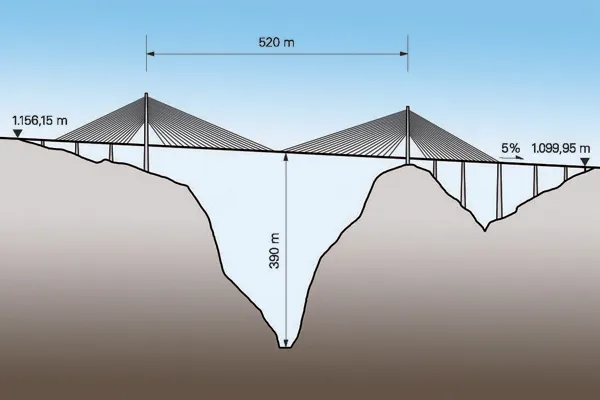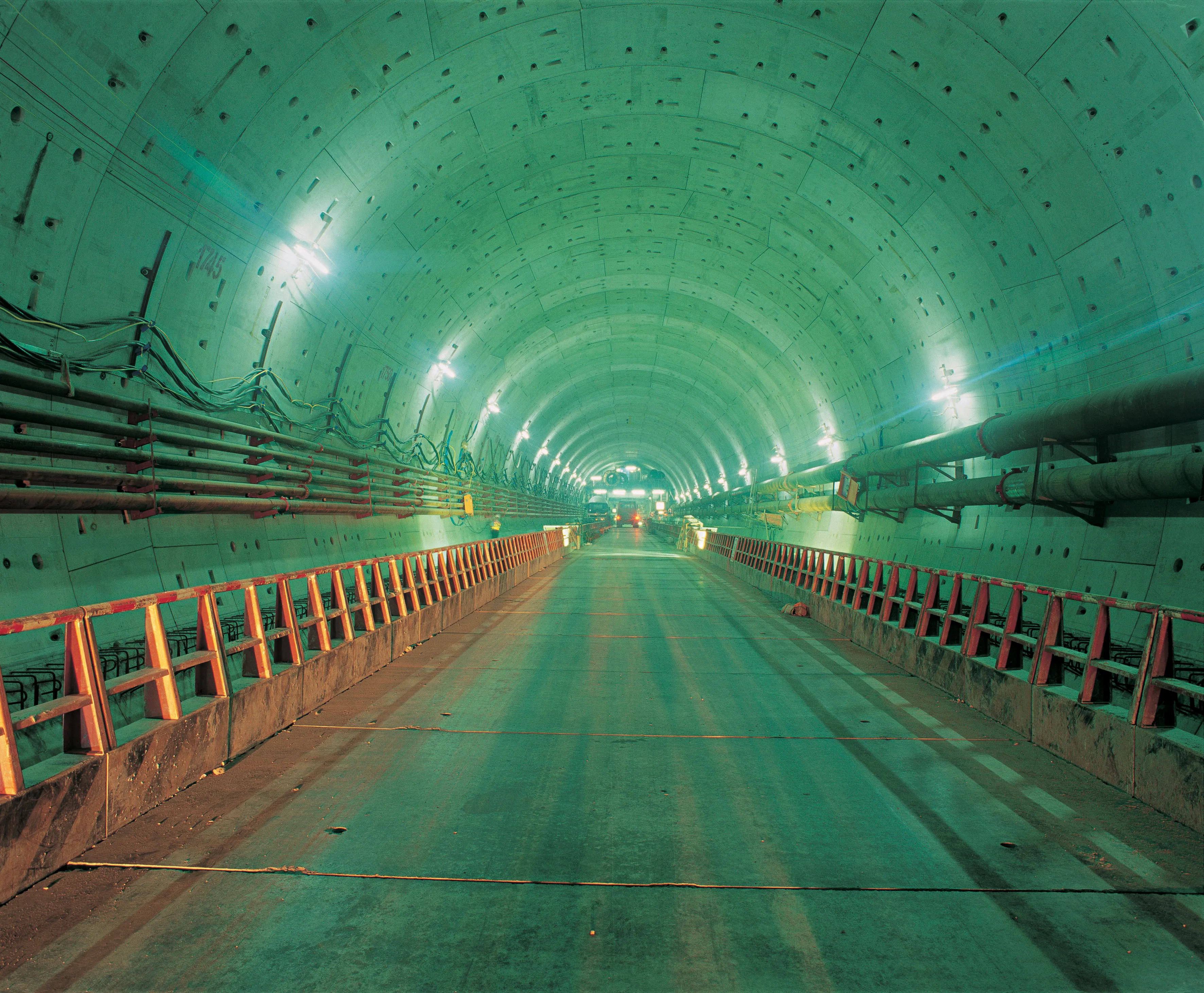The overseas aid arm of the Japanese government has given the green light to three record loans, totaling US$670 million in support of Bangladesh’s growing economy.
Representing the largest-ever amount loaned to the south Asian country, the loans will go to three large-scale projects designed to strategically develop Bangladesh’s capacity for growth by extending transport links within the country, improving sanitation facilities, and support the country’s small and medium enterprises.
The loans are
approved and administered by the
Bangladesh, with a population of about 150 million living on a landmass less than 40% the size of Japan’s, reported a solid 6% annual growth rate last year principally owing to a robust textile and garments sector which is attracting an ever-growing number of foreign investors, including from Japan.
Bangladesh is classified among the world’s Least Developed Countries (LDCs), but also as one of the so-called Next Eleven countries with enormous potential to become a major economic player.
However, one in three inhabitants still lives below the poverty line and the country faces some serious challenges to the promise of further sustained growth. A third of the country is frequently flooded during rainy seasons, countrywide links are impeded by lack of transport infrastructure across its three major rivers, the Padma, Jamuna and Meghna, and other kinds of infrastructure, such as water supply and sewerage, are also lacking.
The loans provided by JICA will focus on these three central challenges. As a start, the Japanese funds will go to building one of the longest bridges in the world over the Padma River, linking the country’s capital, Dhaka, to the industrial centre of Chittagong, and reducing travel time across the country from 12 to three hours, with clear benefits for trade and quality of life.
A second loan will increase the amount of households connected to the water grid in Khulna, the country’s third largest city, from 22% to 73%, while a third loan will be directed at the country’s small and medium enterprises sector, which is estimated to consist of 5.9 million businesses, employs 31 million people and represents 60% of the country’s manufacturing sector.








